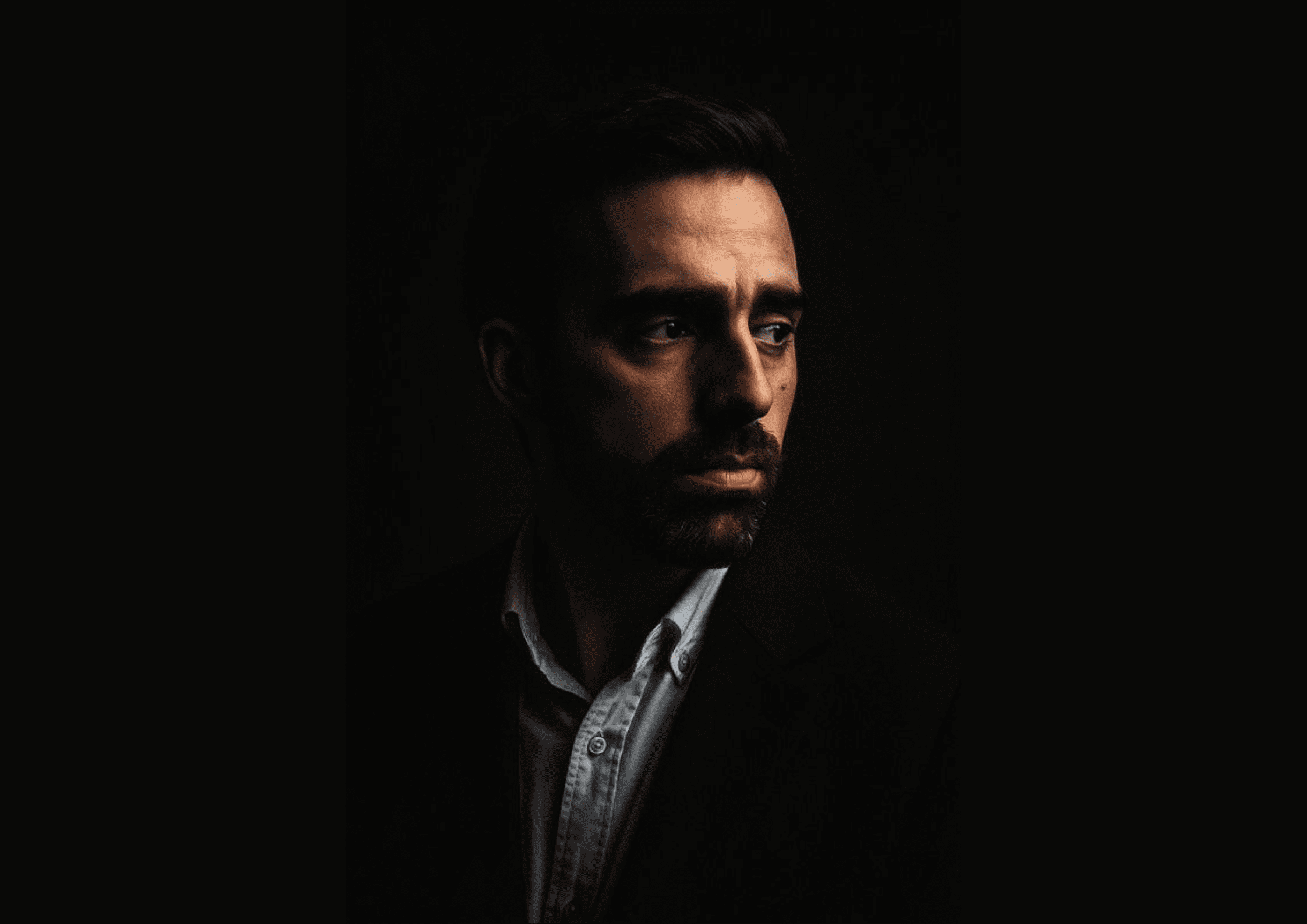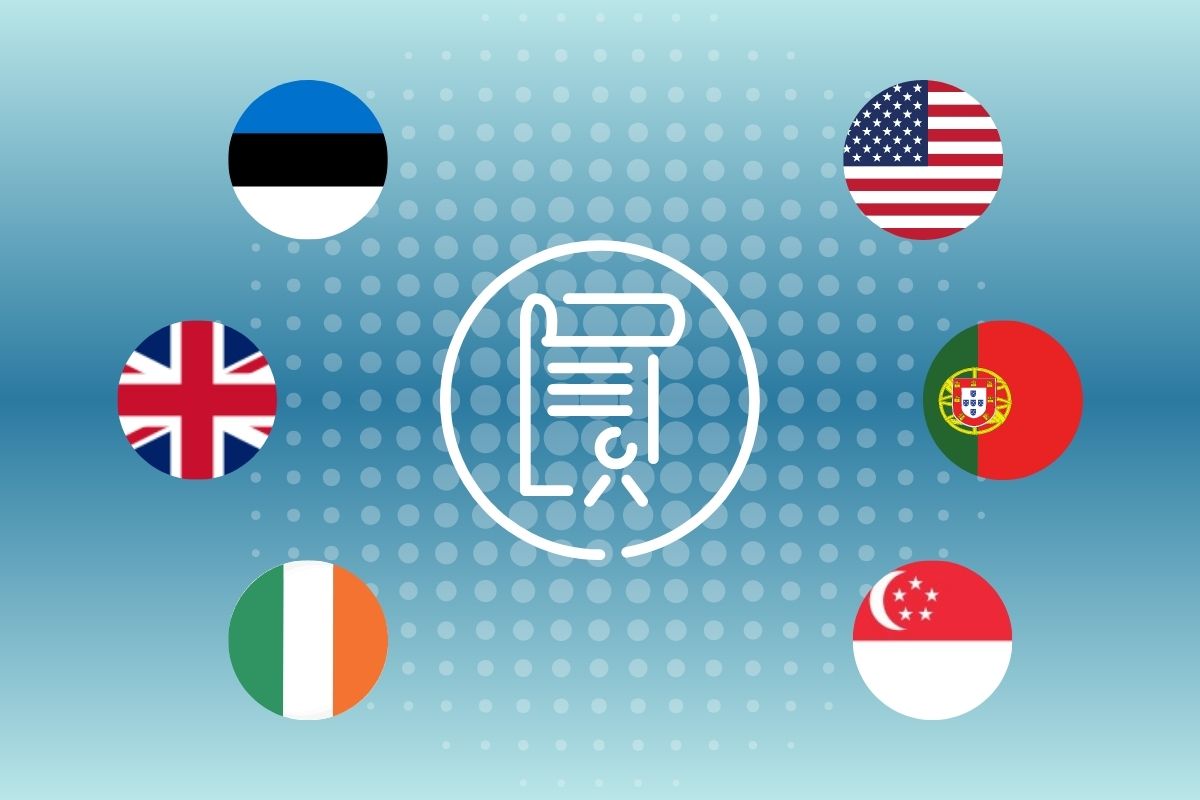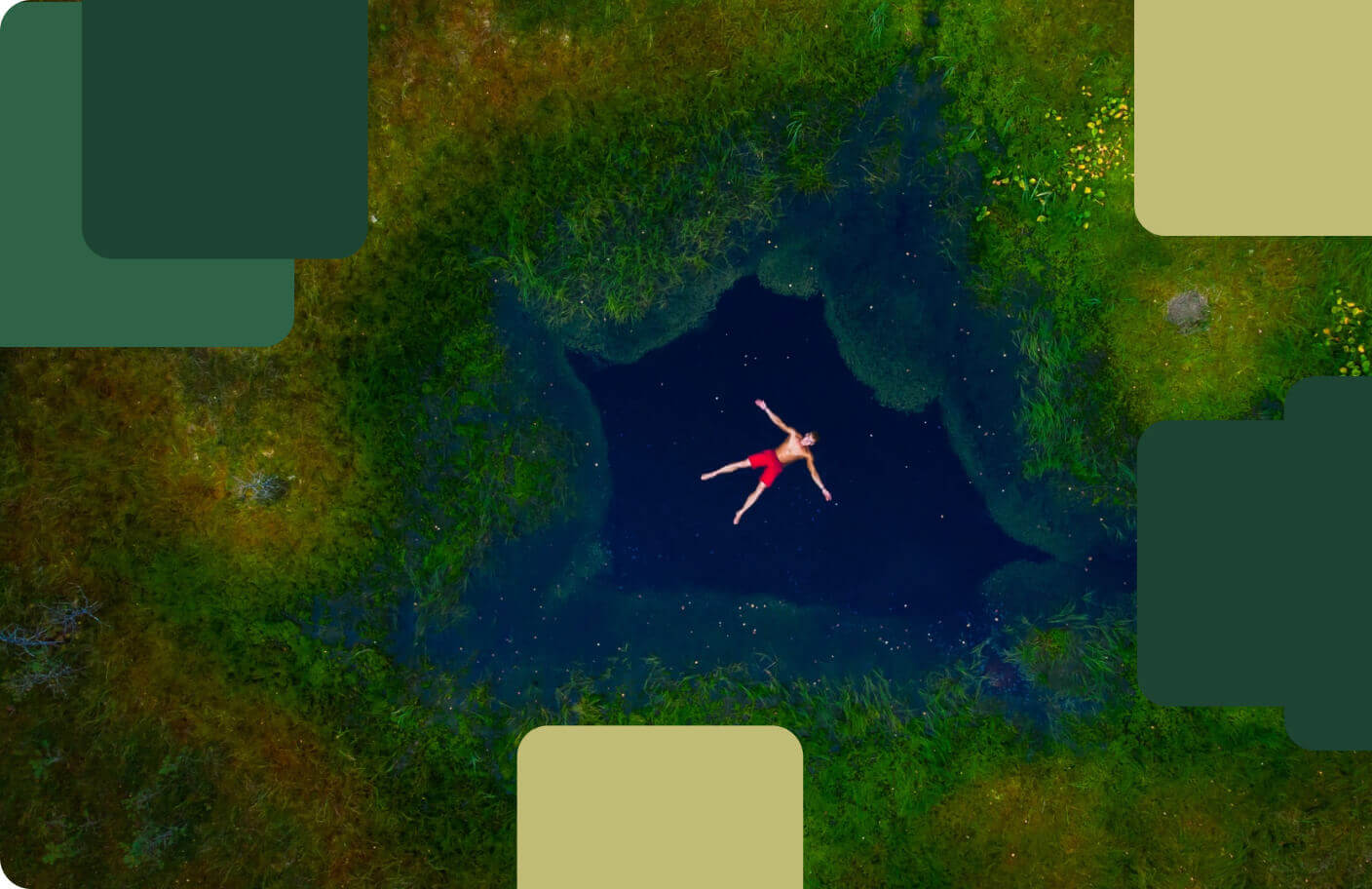e-resident hugo pais named to forbes 30 under 30 in 2025
Estonia’s e-Residency is helping Hugo Pais scale his next big idea across Europe

Hugo Pais is entrepreneurial in nature and he's willing to take risks when needed and to even branch out into completely new sectors, should he find them interesting and appealing.
Originally a web designer with real artistic talent, he leapt at the opportunity to crossover into the energy business and now owns fuel stations in Portugal and Spain with more to come under his company Alfabrent.
He's also developing a web platform for carbon offsetting intermediation, one that he hopes to launch in 2026 in Germany before expanding into other European markets.
And he plans to achieve that with the help of Estonia's e-Residency program, via which he became a bonafide Estonian e-Resident and secured the domain alfabrent.ee for the platform.
Because of his rather rapid success in the fuel market – Alfabrent and its side businesses are currently generating about €12 million in revenues per year – the Portuguese edition of FORBES magazine recently named Hugo to its 30 Under 30 List for 2025.
For Hugo, who just turned 30, the placement on the list was an indication that he's been making the right moves. "It's an honor," he says. "I'd say it's a huge achievement for my professional and personal life."
A little restless
Hugo was born and raised near Porto, Portugal's second largest city, but after high school relocated to Guimarães, an ancient city in the country's north with a well-preserved medieval Old Town and lively cultural life.
The European Commission last month also selected the city to be the European Green Capital for 2026, saying it "exemplifies how sustainability can be deeply embedded into the fabric of a community."
Initially Hugo specialized in art and design and went straight into the workforce after high school working as a freelance web designer. A personal love for football, and the images and artwork he did for the sport, caught the attention of football clubs, which asked him to create artwork for their online presence and social media.
Over time though his love for design faded, and he worked for some years in advertising and marketing for an online casino, a role he enjoyed.
In 2018, he became aware of a fuel station in Guimarães that was for sale. The idea of getting into the energy market intrigued him, and he decided to risk the capital, as well as his own mental well-being, to acquire the station, starting his company Alfabrent in the process.
"I decided to quit the online casino and focus 100 percent on this project," says Hugo. Alfabrent now has five gas stations to its name and delivers fuel for businesses. Hugo is still a little restless though, but in a good way. He has wanted to create a means to help other companies contribute to sustainability. He recently turned to the e-Residency program to realize that idea.
Concerned about sustainability
For some time, Hugo has been at work on a platform under the Alfabrent brand where companies concerned about sustainability can offset their carbon footprints online.
Using the alfabrent.ee domain, companies will be able to input how much they spend on fuel and gas, calculate their carbon footprint, and then receive back a calculation of what amount of carbon credits they need to buy. Alfabrent will then make it possible to acquire those credits via the site.
"Companies can easily go there and contribute to the environment," says Hugo of the concept.
Hugo's first target market for the envisioned platform, which he hopes to roll out early next year, is neither Portugal nor Estonia, but the largest market in Europe which is equidistant between the two: Germany, a nation of 84 million people.
Hugo intends to offer the platform under the name Zert Grün, or "Green Certified," and then offer it under similar names in other markets.
Originally he wanted to set up the company to manage the platform in Portugal, but given the European sweep of the project and the bureaucratic hurdles associated with running it from Portugal or Spain, Hugo decided to look into other options.
He was tipped off about Estonia from another entrepreneur who said it was the easiest way to set up a new company. He felt that the digital nature of his idea and its focus on sustainability made Estonia a good fit for the project.
What else could he do but apply? "I picked up my card in Lisbon earlier this year," says Hugo. "The experience was good, the people in the embassy were nice and the process was quick. Maybe that's why Estonia is the most efficient country in Europe."
The perfect combination
According to Hugo, he's still in the process of setting up the company that will manage the new platform. It should be in place later this year before the platform goes live in Germany. He will, in time, expand it to Estonia.
While Hugo has been virtually in Estonia many times since obtaining his e-Residency card, he has yet to step foot in his new digital homeland, but he plans to.
"I have two kids and I’m planning to go to Estonia next year for Christmas," Hugo says. "I've seen a lot of videos of the annual Christmas market in Tallinn and that’s a planned trip," he says.
In general, he says his experience with Estonia so far has been positive. He sees it as a digitally advanced country where the government fosters businesses and supports entrepreneurs. "In Portugal, we usually joke that the government is our shareholder, as they take a lot of our revenue with taxes," says Hugo. "I believe that Estonia is quite the opposite."
But the countries, located at opposite ends of Europe, do have similarities. "We are both safe countries and we care about sustainability," says Hugo. Each has its own strength. While Portugal shines in tourism and manufacturing, Estonia is now leading the digital era. "For my project, which combines sustainability and digital, Estonia is the perfect combination," he says.
More from e-Residency
- Sign up for our newsletter
- Watch fresh video content - subscribe to our Youtube channel
- Meet our team and e-residents - register for our next Live Q&A


